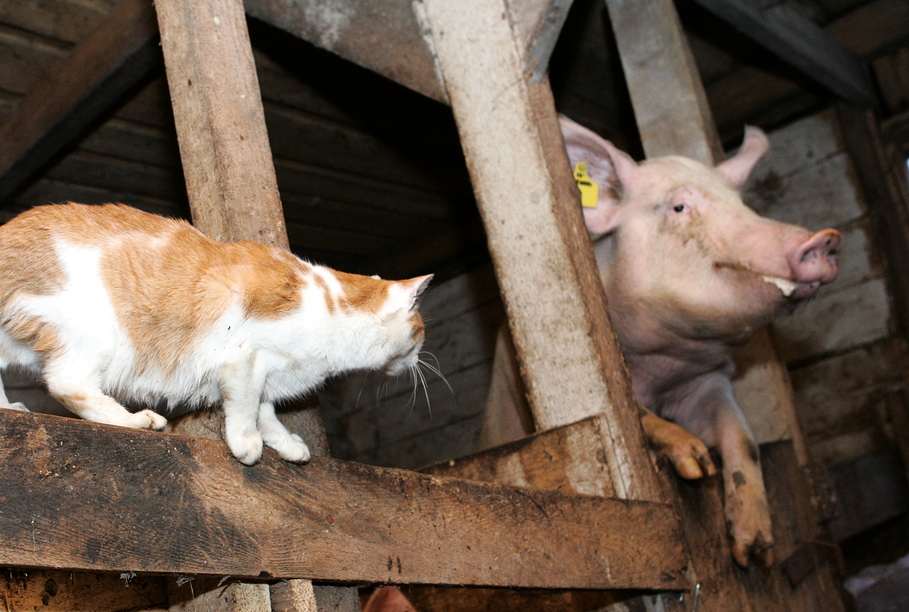Latvian Television (LTV) news visited one of the farms devastated by the outbreak in the parish of Indra. The loss of their entire herd of pigs was a hard blow to Regīna and Nikolajs Urbanovičs, not just in the material sense, which state-disbursed compensation monies could not cover, but even more so emotionally.
This would have been the couple’s twenty-first year raising pigs. When it was confirmed that one of their sows had contracted ASF, on July 17 they took the painful decision to slaughter all of their 50 pigs.
“Of course we were heartbroken. Honestly, not even about the money we lost. We felt so sorry for the piglets. To have to shoot a pregnant sow, expecting in just one week…” Regīna’s voice breaks in sorrow.
According to the PVD, since the last case of ASF among domestic pigs was confirmed at the end of August, no further infections have been found in farms and homesteads inside the declared state-of-emergency areas.
Southern Latgale’s senior PVD inspector Dzintars Juškus told LTV news that the situation has stabilized since then.
“Inspectors continue their checks on sanitary measures and biosecurity efforts at pig farms still operating. As for wild boar, specimens keep turning up, either found dead or hunted-down in the woods, and occasionally a new positive ASF infection turns up,” said Juškus.
But at the Urbanovičs’ farm the abandoned pig stalls remain deserted. Though they received a compensation payment calculated for each slaughtered animal, the sum wasn’t equal to their true value, claim the farmers.
“We got about €225 for one sow. But a sow can breed up to 20 piglets a year, multiplied by €40 each. That makes me losing around €6000 by the New Year. I got €4000 in compensation, about €80 per head. What’s that compared to what a piglet gets sold for now – about €60?” Regīna Urbanoviča shared her worries.
The farming couple has kept only one cow for the time being, but they claim to have new plans for the homestead that they would rather keep to themselves.































